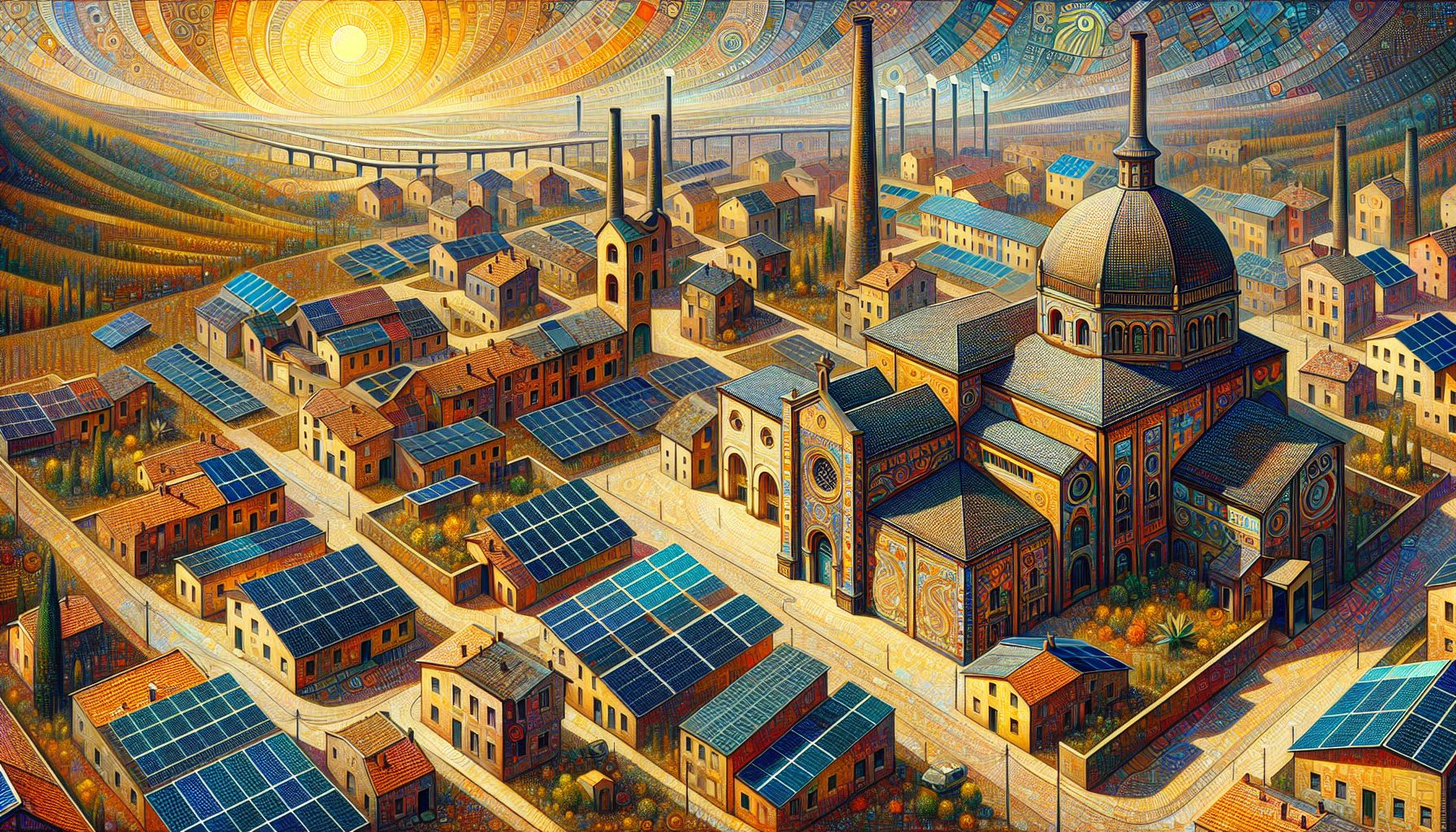tu eindhoven project prioritizes reusing solar panels over recycling

tu eindhoven’s team core is exploring ways to reuse solar panels in social housing, finding that reusing panels can be more sustainable and cost-effective than recycling.
Rationale Behind Reusing Solar Panels
TU Eindhoven’s Team CORE, consisting of innovative students and researchers, has shifted its focus from traditional recycling methods to reusing solar panels in the social housing sector. Their meticulous studies over the past one and a half years revealed that the volume of solar panels reaching the end of their lifespan is currently too low to justify the establishment of a full-scale recycling plant. Recycling processes like pyrolysis, which break down adhesive layers of panels, were found to be inefficient due to the insufficient supply of end-of-life panels[1].
The Ikaros Project: A New Approach
The Ikaros project, spearheaded by Team CORE, aims to redistribute functional but discarded solar panels to social housing units. This initiative prevents viable panels from being shredded and instead repurposes them for temporary uses, such as on roofs scheduled for future replacement or demolition. By aligning with housing associations’ plans, the project seeks to extend the life of these panels, thereby reducing waste and optimizing resource use[2].
Environmental and Economic Benefits
Research indicates that reusing operational old solar panels can significantly benefit the environment. By cutting down on waste and maximizing the use of existing resources, this approach supports the National Performance Agreements’ mandate for free insulation in all housing by 2028. Moreover, using second-hand panels helps housing associations meet energy efficiency targets without imposing excessive costs on residents, making sustainable energy more accessible and affordable[3].
Challenges and Future Prospects
The success of the reuse initiative hinges on the availability of suitable roofs for panel installation over the next five years. However, the project has already garnered enthusiasm and may soon be presented at the Eindhoven City Council, potentially securing further support and resources. Team member Deyana Mineva emphasized the project’s potential impact, suggesting that the team might continue their efforts even after graduation, underscoring the transformative potential of their findings[4].
A Broader Perspective on Sustainability
This initiative by TU Eindhoven aligns with broader efforts to combat climate change by focusing on sustainable practices. The Eindhoven Institute for Renewable Energy Systems (EIRES) at TU/e, for example, emphasizes collaborative development and deployment of new technologies for energy storage and conversion, aiming for rapid market penetration and societal impact. Such systemic approaches underscore the importance of innovative solutions in achieving a sustainable future[5].

